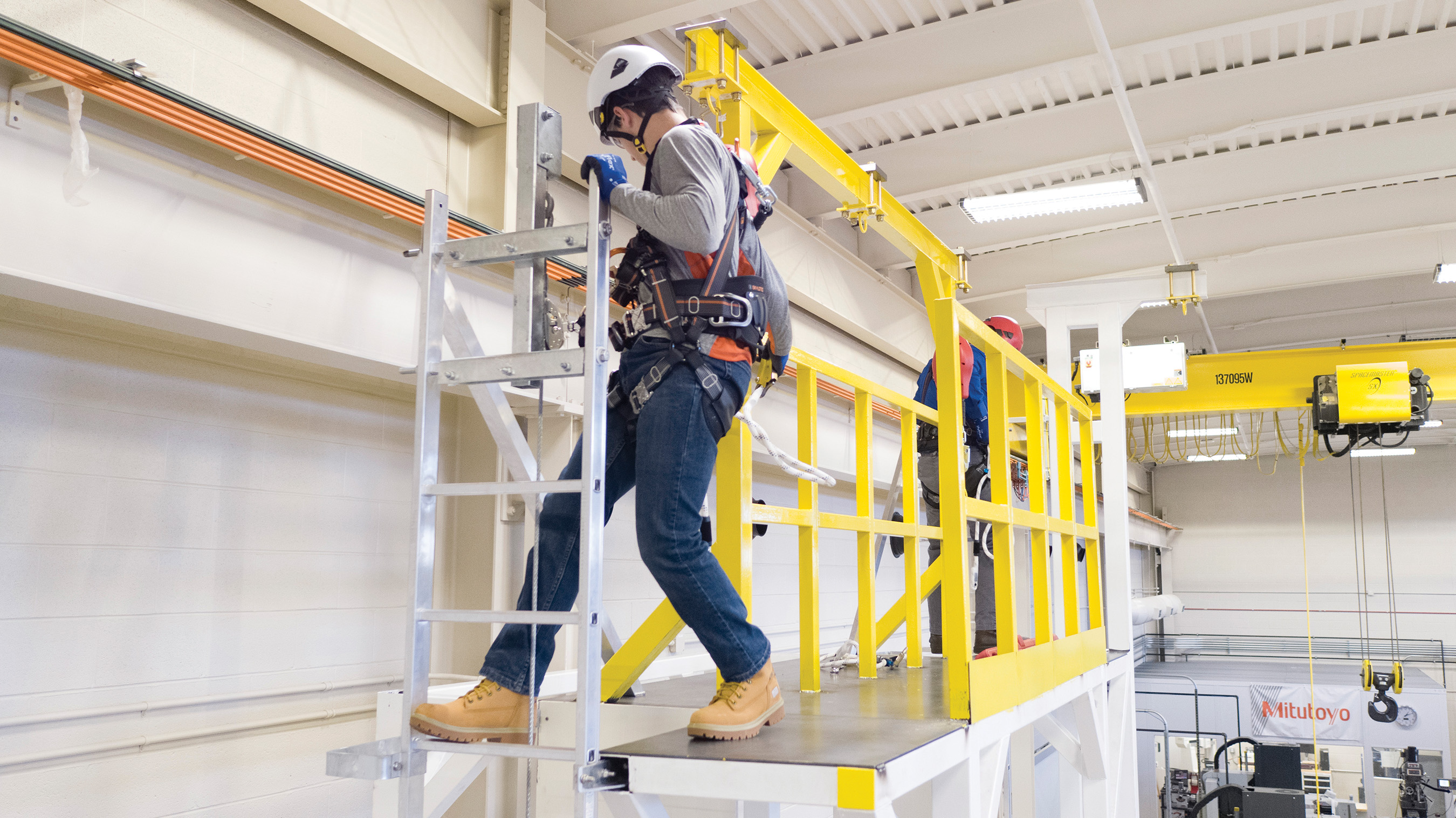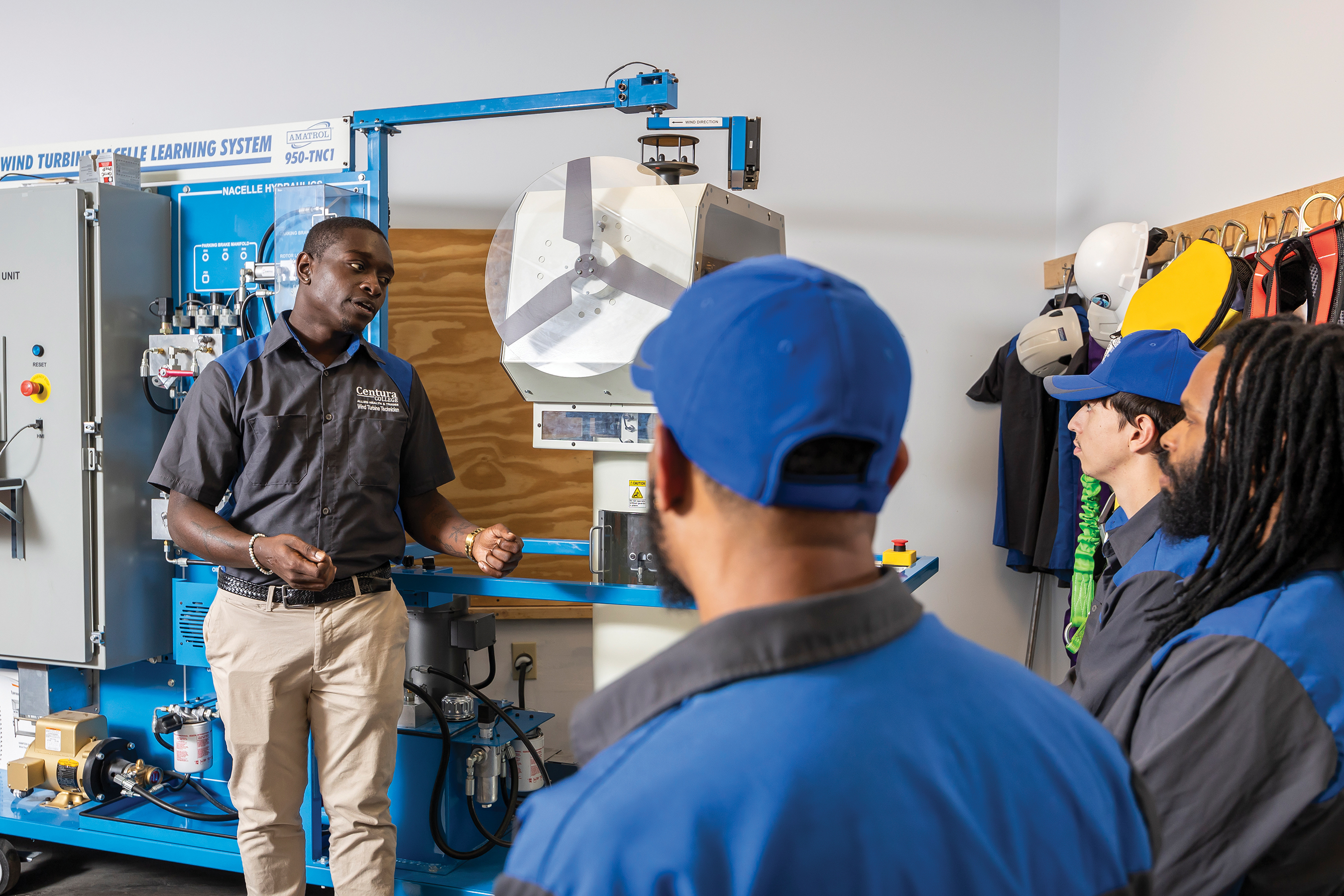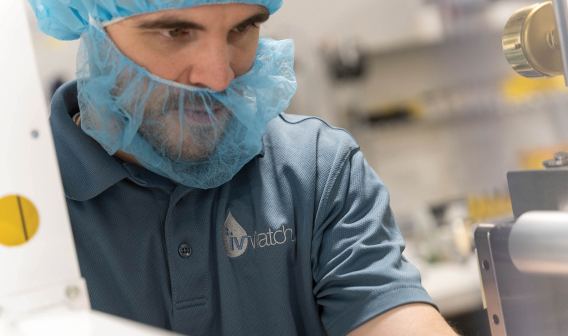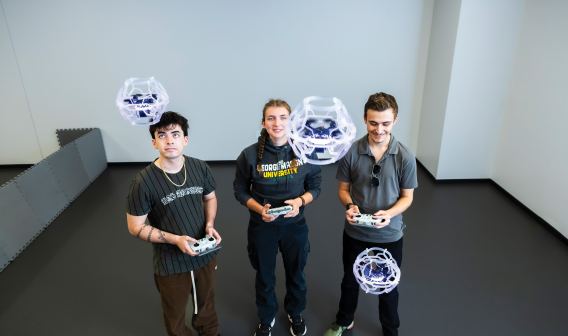
Centura College, Norfolk
Remote Work
Many aspects of U.S. offshore wind have been modeled after the established European industry. For example, Global Wind Organisation (GWO)-certified training has become the standard for safety and rescue. And because turbine projects will be built past the horizon, hours from land by boat, operators are also likely to keep crews at sea, alternating them two weeks on and two weeks off.
Ship crews and maritime skills will be key to properly operating offshore turbines. The Maritime Institute, the largest maritime training provider in the country, offers a range of U.S. Coast Guard-certified training, GWO training, and more. “It’s one-stop shopping from that standpoint,” said John Stauffer, president of the Maritime Institute, which operates a campus in Norfolk.
Those maritime skills will be complemented by many different specializations, whether they’re on the water or not. At TCC, Hanson sees educational opportunities for the full range of careers to support the industry, including skills related to welding and construction, administration and logistics, and even culinary arts for cooks on the support vessels.
The weeks-long shifts mean that commute times and geography could be less of a barrier to job seekers living inland. The New College Institute (NCI) in Martinsville is a few hours’ drive from the coast. But the school offers a full complement of GWO training, even conducting aquatic lessons at a tower on a flooded quarry. Recent trainees have used their skills in the wind industry on land and out of state.
Getting the message out that this training is flexible has been a challenge, said Joe Sumner, NCI’s executive director. “If you have relevant skills, there’s a chance for you to have a career [in offshore wind] no matter where you live throughout the state of Virginia,” he said.






